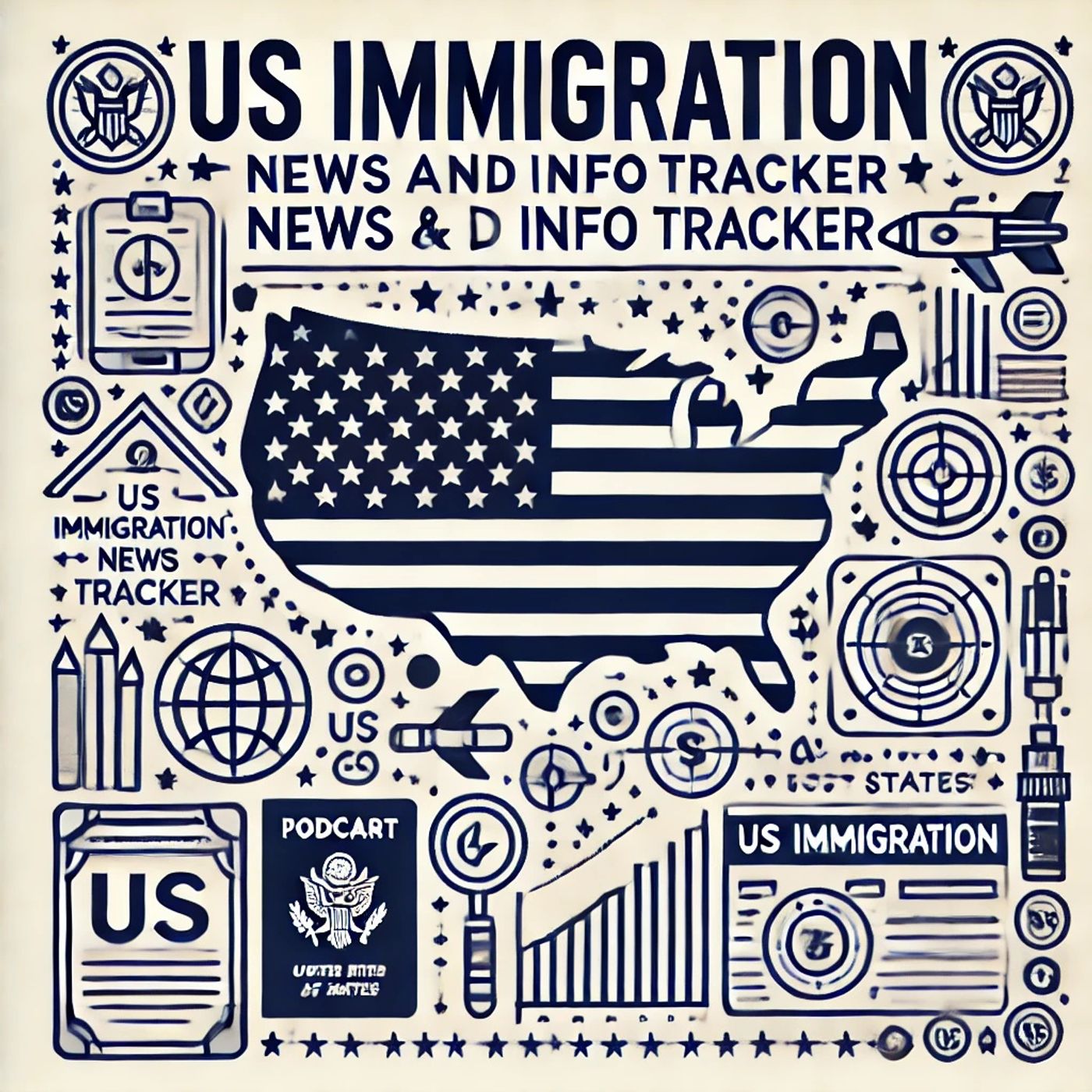"Waning Business Lobby Leaves U.S. Immigration Reform in Limbo"
Description
The landscape of immigration reform in the United States has undergone a notable shift, primarily due to a reduced push from influential business lobbies. Historically, business groups played a pivotal role in advocating for immigration policies that would provide American companies with the labor force they desperately needed. However, this fervor has noticeably diminished, creating a significant void in the legislative push for reform.
In the past, the business lobby was a formidable force, actively campaigning for immigration reforms that aligned with the economic interests of their member companies. These groups argued that a robust immigration system was vital for filling critical labor shortages across various sectors, from agriculture to technology. The influx of workers from abroad was not just about filling jobs but also about fostering innovation and maintaining the United States' competitive edge in the global market.
Despite these reasons, the business community's enthusiasm for immigration reform has waned. Several factors contribute to this decline. Political polarization has made cooperation between different interest groups more challenging, and immigration has become a highly contentious topic. Businesses wary of aligning themselves too prominently with such a divisive issue may choose to redirect their advocacy efforts elsewhere.
Moreover, the regulatory environment concerning immigration has become more unpredictable. Constant changes in immigration policies and enforcement practices deter businesses from actively investing in reform campaigns. Without clear and consistent policies, companies are often left navigating a complex legal landscape on their own.
This retreat of the business lobby has significant implications for immigration reform. Their absence means a crucial ally is missing in the effort to create practical legislative solutions. Business groups traditionally had the muscle to sway policymakers by underscoring the economic benefits of a reformed immigration system. Now, with their influence dwindling, it becomes increasingly challenging to build the consensus needed for meaningful legislative progress.
The need for reform is more pressing than ever. Many industries are experiencing acute labor shortages that compromise productivity and growth. For example, the tech sector, a key driver of the U.S. economy, continues to face a significant skills gap that could be addressed by providing pathways for skilled foreign workers to contribute. Similarly, the agricultural sector depends heavily on migrant labor to maintain food production levels.
As businesses grapple with these shortages, there is a growing recognition that immigration reform is not just a social issue but an economic imperative. However, without the once-potent backing of business lobbies, the pathway to reform remains fraught with challenges.
Efforts to revitalize the business community's role in immigration advocacy could focus on highlighting the direct economic benefits of reform and the positive impact it would have on various industries. Building partnerships with groups that share similar goals, such as educational institutions, workforce development organizations, and regional economic alliances, might help reignite the push for practical solutions.
Ultimately, the intersection of business interests and immigration reforms holds substantial potential for advancing U.S. economic well-being. However, this potential can only be realized if the business lobby reengages with vigor, recognizing that a comprehensive immigration policy is not a partisan issue but a foundational element for sustaining and enhancing the country's economic vitality. In the absence of their formidable influence, forging consensus on reforms will remain an uphill battle, even as the demand for migrant workers continues to grow.
More Episodes
Blue States Recalibrate Approaches to Crime and Immigration, Balancing Compassion and Accountability
In recent years, the political landscape in the United States has witnessed a notable shift in attitudes toward crime and immigration, even in traditionally liberal strongholds. States such as Arizona, California, and Colorado have seen outcomes in ballot measures that signify a stricter approach...
Published 11/24/24
Published 11/24/24
In the landscape of U.S. immigration policy, a significant shift occurred during Donald Trump's presidency, marked by the appointment of three staunch anti-immigration advocates who played pivotal roles in shaping the nation's approach to immigration. These individuals were Stephen Miller, the...
Published 11/23/24


